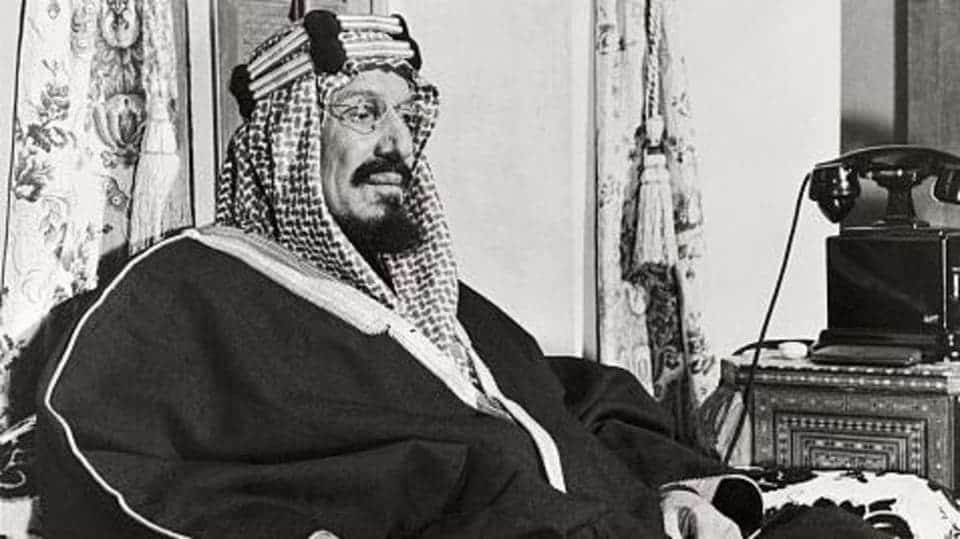providencemarianwood.org – King Abdulaziz Ibn Saud, also known as Ibn Saud, is revered as the founder of the modern Kingdom of Saudi Arabia. His leadership, vision, and determination shaped the political landscape of the Arabian Peninsula, unifying fragmented regions into one cohesive nation. His reign from 1932 until his death in 1953 marked a transformative period in the history of the Middle East.
Early Life and Rise to Power
Born in 1876 in Riyadh, Abdulaziz belonged to the Al Saud family, which had ruled parts of the Arabian Peninsula for generations. However, by the time of his birth, the family had lost control of Riyadh. At the age of 15, Abdulaziz and his family were exiled to Kuwait after the rival Al Rashid clan captured their territory.
In 1902, at the age of 26, Abdulaziz made his first significant move to reclaim power, launching a daring raid to recapture Riyadh. This victory set in motion a series of campaigns aimed at unifying the fragmented tribal regions under his leadership.
Unification of the Arabian Peninsula
Over the next three decades, Ibn Saud systematically expanded his territory through diplomacy, strategic alliances, and military conquests. He united the regions of Najd, Hejaz, and the Eastern Province. His most notable victory was the capture of Mecca and Medina, the two holiest cities in Islam, from the Hashemite rulers in 1925. This victory greatly increased his prestige among the Muslim world.
In 1932, after years of consolidation, Abdulaziz proclaimed the establishment of the Kingdom of Saudi Arabia, marking the formal unification of the Arabian Peninsula.
The Discovery of Oil
One of the most significant events during medusa88 link alternatif Ibn Saud’s reign was the discovery of oil in the 1930s. In 1938, vast reserves of petroleum were found in the Eastern Province. This discovery transformed Saudi Arabia from a desert kingdom with a largely agrarian economy into one of the world’s most important oil producers. The newfound wealth from oil revenues allowed Abdulaziz to modernize the country, build infrastructure, and strengthen the kingdom’s global influence.
Diplomatic Relations and Modernization
Throughout his reign, Ibn Saud maintained a delicate balance between modernizing the country and preserving its Islamic and tribal traditions. He established diplomatic relations with major powers, including the United States, the United Kingdom, and other Western nations. The relationship with the U.S. became particularly important due to the oil industry, leading to strong economic and political ties between the two countries.
Abdulaziz also initiated several modernization projects, such as improving transportation, building schools, and creating an organized governmental structure. However, his reforms were gradual, respecting the conservative nature of Saudi society.
Legacy and Succession
King Abdulaziz passed away in 1953, leaving behind a united and wealthy kingdom. His sons have since ruled Saudi Arabia, with his legacy continuing to shape the country’s political and social landscape. The House of Saud remains the ruling family, and the country’s wealth from oil has allowed it to play a significant role in global politics and the Muslim world.
Conclusion
King Abdulaziz Ibn Saud’s reign was pivotal in creating modern Saudi Arabia. His combination of military acumen, diplomatic skill, and foresight in leveraging the kingdom’s oil resources laid the foundation for a stable and prosperous nation. His legacy as a unifier and statesman endures to this day, with Saudi Arabia continuing to be a key player on the global stage.
